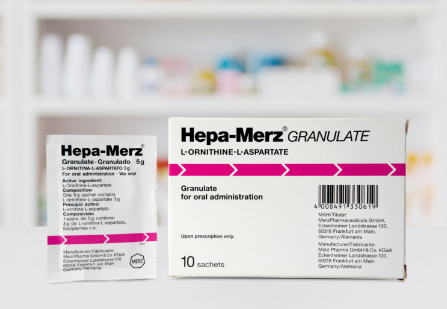
Even if you follow a healthy diet, you do not have to give up anything. You will see: In almost every category, there are foods you can safely eat. In our download section, you can find a more detailed list of recommended foods and those you should avoid.
Meat and meat products
- If possible, eat meat only twice a week.
- Prefer low-fat meat such as chicken.
- As always, prepare your meat with little or no fat.
Fish
- Fish is the source of many vital vitamins, especially vitamins A, B12 and D.
- Avoid fish that is high in fat or has been battered and fried. Instead, eat one of the low-fat varieties.
- Cooked or steamed fish is healthiest.
Fruits and vegetables
- If possible, use organically grown products – your liver will need to process fewer harmful substances.
- If possible, steam your vegetables.
- Buy your vegetables when they are in season to avoid greenhouse products low in vitamins.
Milk and dairy products
- Milk and dairy products are an important part of daily nurtition for people with liver diseases too.
- Fat content of cheese should preferably not exceed 30% in dry matter.
Eggs
- Recent evidence suggests that it’s not necessary to reduce protein for people with liver disease.
- Consume your eggs as freshly as possible, preferably within a week.
- Eggs should always be kept in the refrigerator.
Bread and cereals
- Try to use full grain products wherever possible. If you’re not used to eating full grain products, introduce them slowly to your diet, as they might cause flatulence.
- Try to avoid all white flour products – they don’t contain any valuable nutrients.
Spices
- Use salt as sparingly as possible (preferably iodized salt!).
- It is better to avoid hot spices.
Beverages
- Always remember: Alcohol is taboo!
- Avoid drinks that are too hot or too cold.
- Drink at least 2 liters of liquid a day.
- Drink throughout the day and do not drink large amounts at a time.
Sweets and desserts
- Enjoy in moderation.
- Fresh fruitcake instead of cream cake, yoghurt instead of pudding!
- Do not forget hidden alcohol in chocolates and cakes.
Fats
- As a general rule, avoid fatty foods as much as possible.
- But: not all fats are the same! Fats from vegetables and with polyunsaturated fatty acids are an important source of energy.
- do not use any refined oils, preferably use virgin oils (olive oil, thistle oil and wheat germ oil) with a high content of unsaturated fatty acids.
- If possible, do not heat your oil above 60 degrees Celsius in order to preserve the valuable unsaturated fatty acids.
- For fried foods, use olive oil instead of butter and clarified butter.

